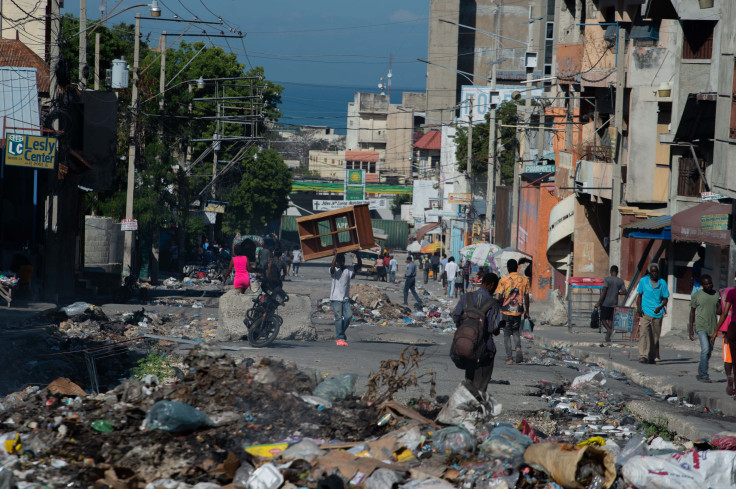
Jimmy "Barbecue" Chérizier, leader of Haiti's powerful gang coalition Viv Ansanm, announced plans to transform the group into a political party. The move has intensified debates about whether gangs should play a role in solving the country's political and humanitarian crises.
The coalition's name appeared in a document sent to the Caribbean Community (CARICOM) last week, signed by several Haitian politicians proposing changes to the embattled Transitional Presidential Council. The council, tasked with leading Haiti to elections, has faced corruption allegations and public calls for its reconfiguration. The document suggests reducing the council to three members and mentions Viv Ansanm's support for this idea, even though the gang didn't sign the April 2023 political Accord, as reported by the Miami Herald.
This inclusion has drawn sharp criticism. André Michel, spokesperson for the Democratic and Popular Sector, rejected any notion of gang involvement, calling Viv Ansanm a "criminal organization" responsible for widespread violence. Michel insisted there is "no place at the negotiating table" for gangs and argued they should be eradicated, not legitimized.
Human rights advocate Pierre Esperance shared these concerns, criticizing the inclusion of gangs in political discussions as a dangerous "normalization of violence." He argued that involving gang leaders in a political pact is akin to "reinforcing impunity and legitimizing them." Esperance accused politicians of disregarding the suffering of victims of gang-related atrocities, which claimed over 5,600 lives in 2023, according to the United Nations. "In no instances will gangs ever help resolve the security crisis."
Despite the backlash, some politicians, including Liné Balthazar of the PHTK party, defended the need for a pragmatic approach. "Let's not lie to each other," said. Balthazar acknowledged the pervasive influence of gangs in Haiti's capital and argued for addressing the issue directly. "Embassies interact with armed groups," he said during a radio interview, calling on Haitians to confront the crisis "in an adult and pragmatic manner."
The debate over gang involvement is not new. CARICOM leaders previously suggested negotiating with gangs, though the U.S. and France opposed the idea. Critics, however, warn that such talks could worsen impunity and further destabilize Haiti.
As Haiti's political transition faces mounting challenges, many remain skeptical about including gangs in any resolution. Lawyer Samuel Madistin condemned the notion, highlighting the need for strengthened security forces to neutralize armed groups. "There cannot be negotiations with the gangs," Madistin said. "It is the government's role to ensure justice and restore order."
© 2025 Latin Times. All rights reserved. Do not reproduce without permission.






